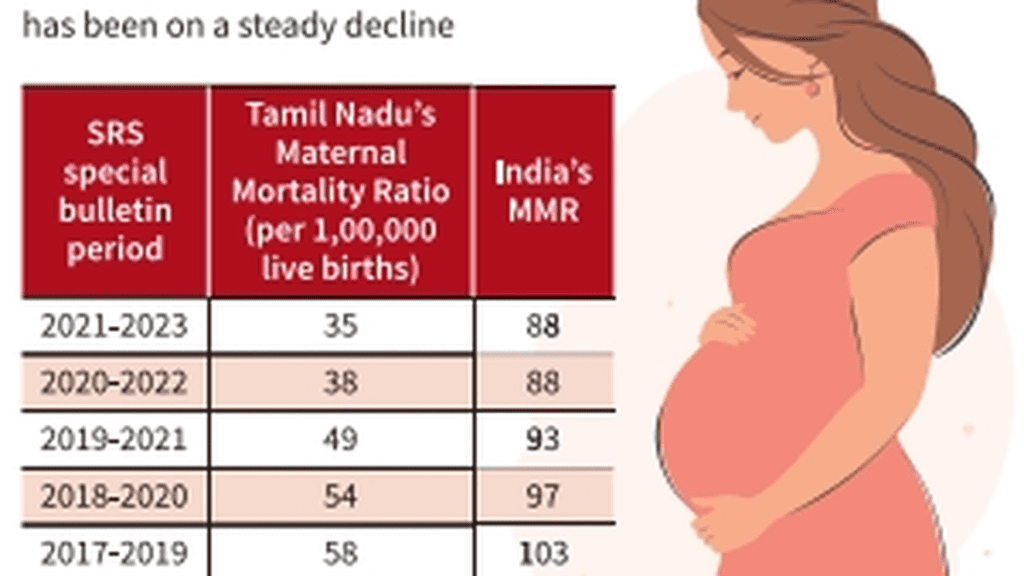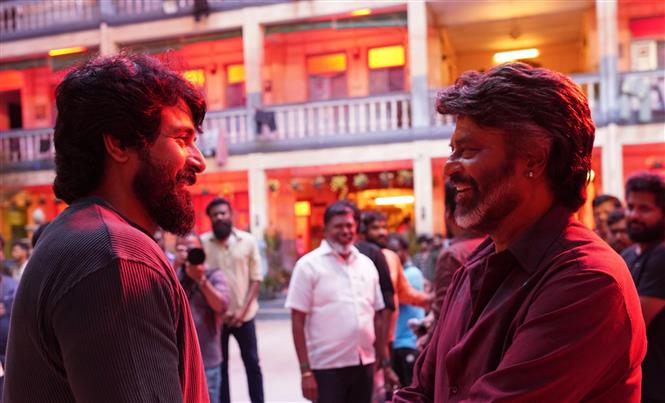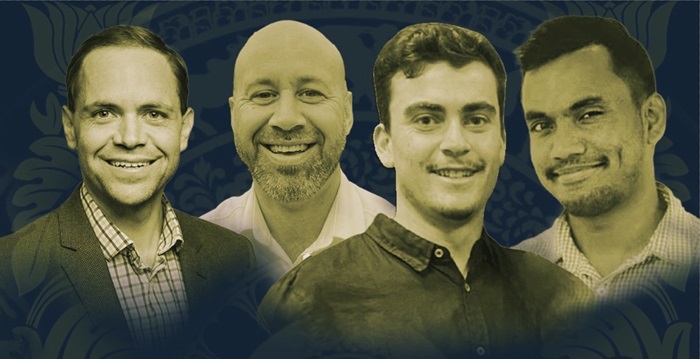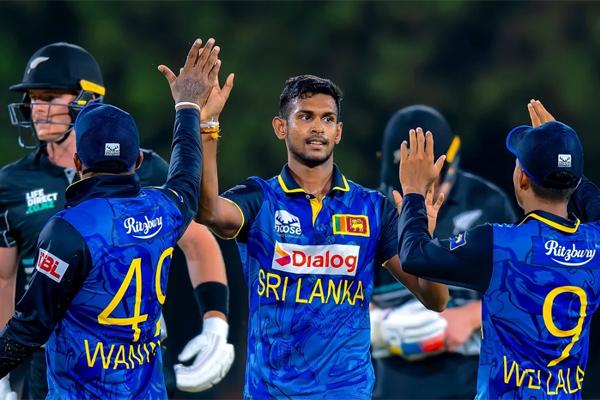Off-side: Governing sports in the age of superstars
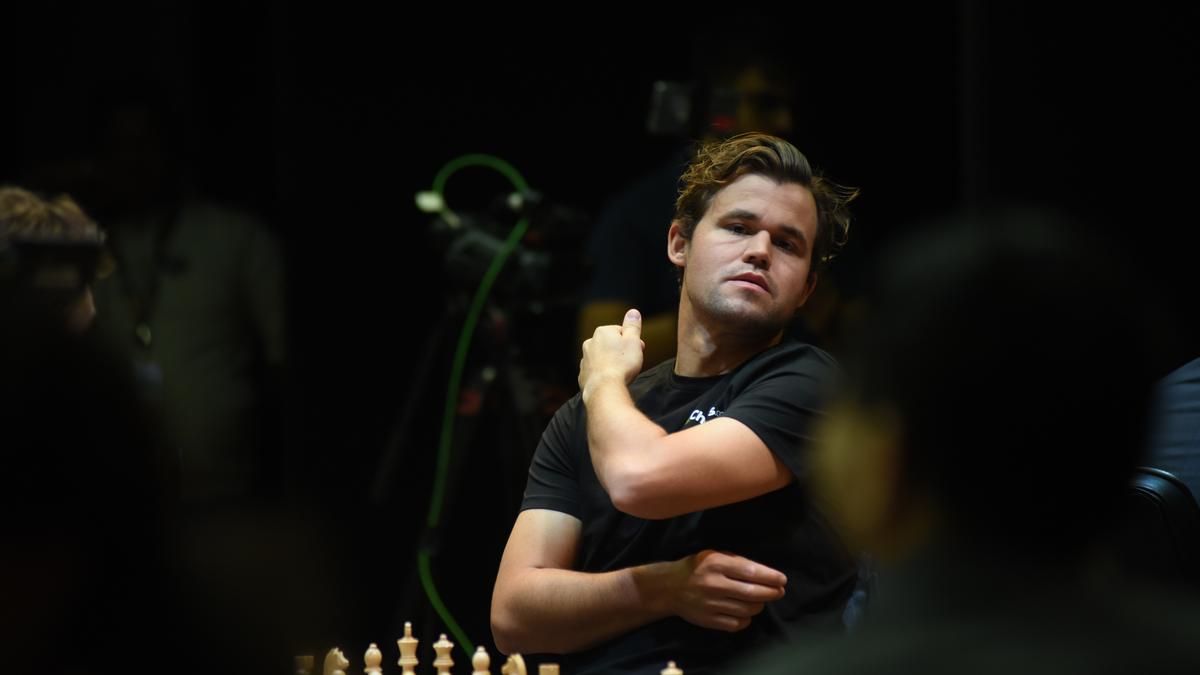
Off-side: Governing sports in the age of superstars
Sport has always been a battleground, and not just on the pitch or in the ring. From the moment someone decided to organise it — write rules, sell tickets, make a bit of money — there have been constant battles between its non-playing custodians — governments, associations, men in suits — and the players, on whose work (or in this case, play) the edifice of the game stands.
Muhammad Ali said no to the Vietnam War and lost his titles. Tommie Smith and John Carlos raised their fists on the Olympic podium, while Rosie Casals, Billie Jean King and 60 other women players defied a deeply sexist regime to form the WTA in 1973, forcing tennis to acknowledge that women should be paid the same as men.
The US Open introduced equal pay in 1973, but Wimbledon took its time —another 34 years.
Not every revolution in sport, however, has been about fairness. In 1977, Kerry Packer threw money at cricket, and the whole sport found a new set of priorities.
In the 1980s, the Rebel Tour took players where they weren’t supposed to go — apartheid South Africa, a country systematically crushing its Black population with astonishing brutality.
In this scheme of things, is Magnus Carlsen’s ongoing battle with FIDE a noble fight for fairness, or is this a man who now thinks he is bigger than the game?
Carlsen, ‘bored of classical chess’, gave up his world title without a fight in 2022. Since then, he has been in a near-constant standoff with FIDE, launching his own almost rebellious Freestyle Chess Grand Slam Tour and declaring that “they (FIDE) need me more than I need them.”
After failing to adhere to the agreed dress code during the World Rapid and Blitz Championship in New York last year, he made not-so-kind, personal remarks against fellow five-time champion and now FIDE vice-president Viswanathan Anand.
Then, when his sudden-death Blitz final play-off against Russian Ian Nepomniachtchi failed to produce a winner after three games, he decided to share the title, despite tournament rules stating that play continues until someone wins a game. FIDE, wary of taking on the most powerful player in chess, allowed him to have his way.
Protracted negotiations followed over naming the freestyle tour a World Championship. Could Carlsen decide that too?
Allegations flew, private messages were leaked by Carlsen’s German business partner, and a game as dignified as chess became riddled with pettiness and politics. This was no longer a battle for justice but a bruised ego contest.
Despite the breach of trust, FIDE reached a compromise, allowing players, including the current classical world champion, to compete in the first Freestyle Grand Slam in Weissenhaus, Germany, without any restrictions. Carlsen, however, refuses to back down and has indicated that he will no longer participate in FIDE tournaments.
Chess, of course, will survive. Carlsen is not the game, even if his behaviour suggests otherwise. But as for the pliable FIDE? We’re not so sure.



